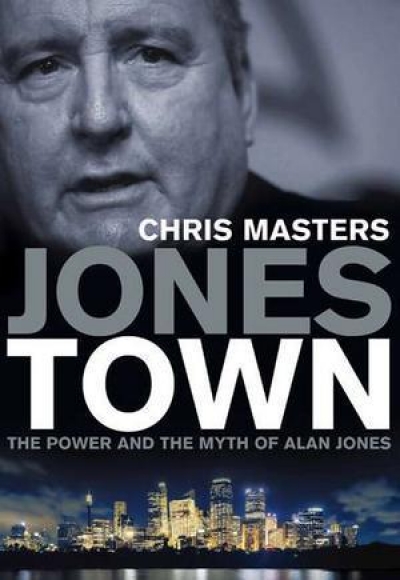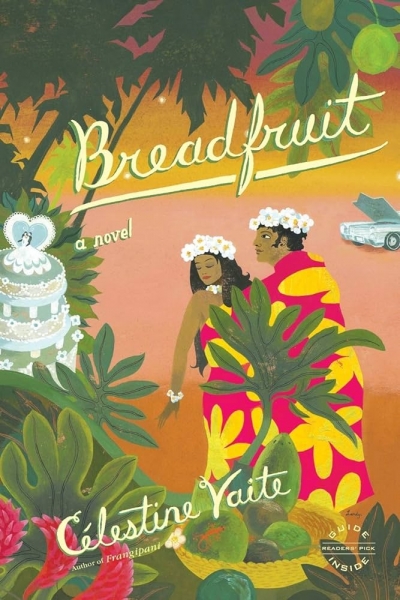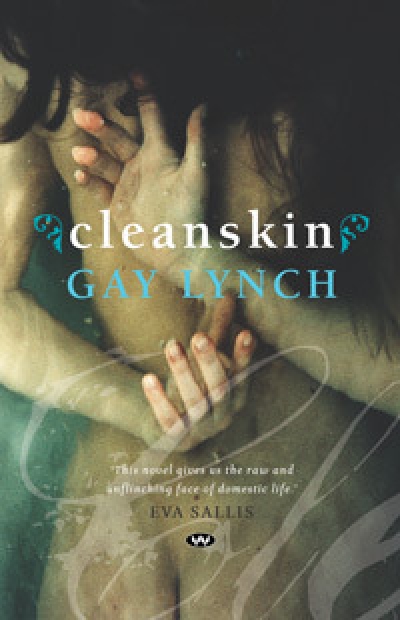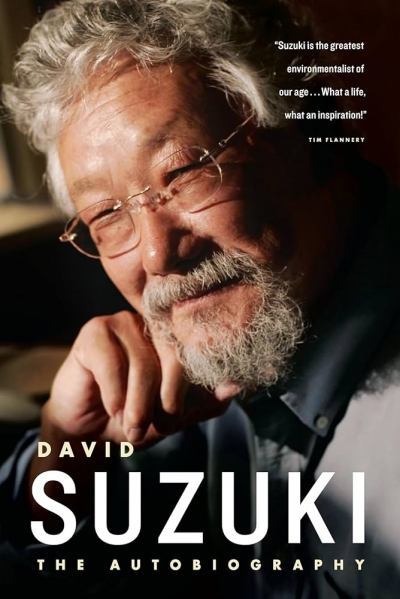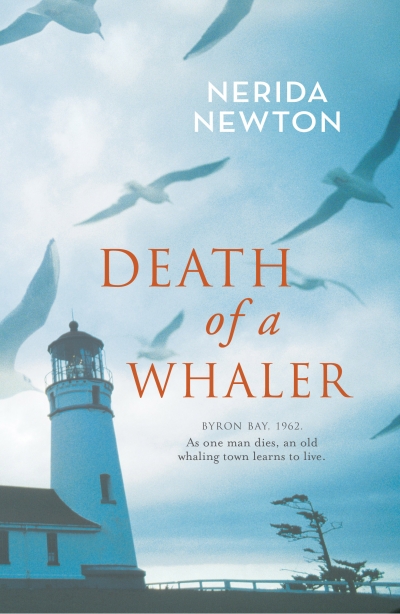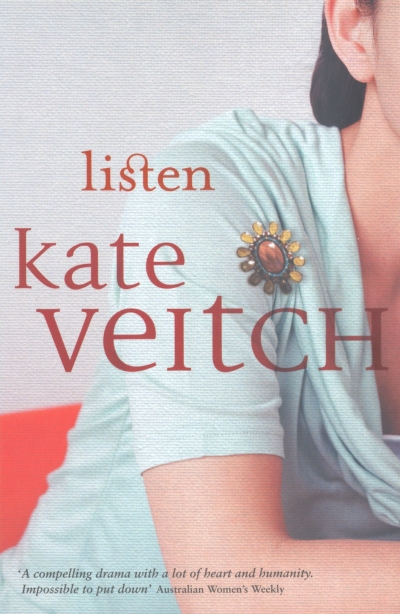Archive
Jonestown: The power and the myth of Alan Jones by Chris Masters
Tamas Pataki opens his review of Antony Loewenstein’s My Israel Question (October 2006) with a lengthy denunciation of the recent war in Lebanon. He decries Israel’s counterattack against Hezbollah as an ‘atrocity’, citing the ‘awful statistics’ of Lebanon’s larger casualty toll as evidence of the Jewish state’s nefariousness. But this is a curious calculus that ignores questions of who breached the peace by attacking whom, and the ethics of using civilians to shield military operations. The fatuousness of Pataki’s moral yardstick becomes apparent when it is applied to World War II. Germany suffered far greater casualties than the Western Allies. Surely this did not confer upon Nazism the status of righteous victim in that conflict. Pataki uncritically parrots Loewenstein’s contention that Israel’s ‘illegal occupation’ is the ‘cause of legitimate Palestinian resistance’. If by ‘occupation’ he means the territories captured by Israel in 1967, the timeline of conflict tells a different story. The Palestinian Liberation Organisation was founded in 1964 with the goal of Israel’s destruction. Arab violence against Jewish communities in the Holy Land even preceded the establishment of the Jewish state in 1948. So it seems that the ‘cause’ of terrorism is, after all, not Israel’s presence in the West Bank but, rather, Israel’s presence in any form.
... (read more)Breadfruit by Célestine Hitiura Vaite & Frangipani by Célestine Hitiura Vaite
The latest batch of Australian picture books contains many good, solid stories, competently told – but definitely nothing out of the ordinary. However, picture books do not necessarily have to deal with new subjects, use complex illustrative techniques or contain gimmicks to be something special. Some of the best picture books are those which simply celebrate the ordinary.
... (read more)Australian television’s golden anniversary roadshow kicked off in September 2005 with the screening of 50 Years, 50 Shows on Channel Nine. Some twelve months were to elapse before the actual anniversary, on 16 September 2006. In 2005, Channel Nine was entering television’s anniversary year and, as the first station to go to air in Australia, determined to present its own history as synonymous with the history of television.
... (read more)Turkish Novelist Orhan Pamuk, aged fifty-four and native of Istanbul, where he has lived nearly all his life, has won the Nobel Prize for Literature. While his initial popularity in Turkey has declined because of the increasing complexity of his work, since the 1990s Pamuk has won increasing international acclaim as his works have been widely translated (Faber is his English publisher). Five novels have been translated: The White Castle (1990), winner of the Independent Award for Foreign Fiction; The Black Book (1994); The New Life (1997), a bestseller in Turkey; My Name Is Red (2001), winner of the IMPAC Dublin Award (2003); and Snow (2004).
... (read more)
